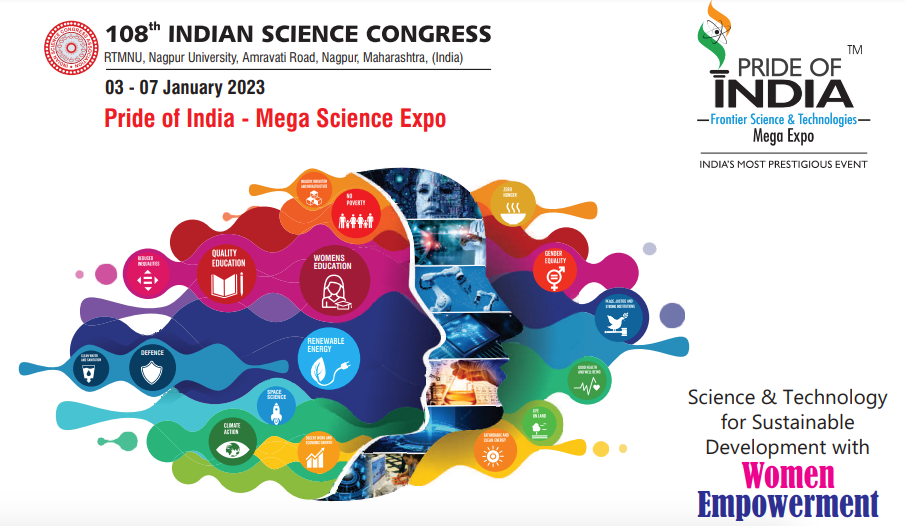No More Relying on Non-Renewable Energy Resources?
Let’s explore how the shift from non-renewable to renewable energy is having a transformative effect on Indian agriculture.
Cutting down on petroleum imports and rolling out effective eco-friendly policies across industries, especially the agri sector, is the key focus of the government. Sustainability in agriculture is another mantra that is now a familiar term even in villages and cities in equal measure. Rural parts of India are set to benefit from solar-powered pumps and grid-connected power plants thanks to initiatives like the Pradhan Mantri Kisan Urja Suraksha evam Utthan Mahabhiyan (PM-KUSUM). The reliance of farmers on diesel and grid electricity is diminished as a result. Additionally, private companies have jumped on the bandwagon; one such company, Ecozen Systems, has created solar-powered cold storage systems for small and marginal farms. Let’s explore how the shift from non-renewable to renewable energy is having a transformative effect on Indian agriculture.
India increased its power generation capacity by around 26GW in the fiscal year 2023–24, with 71 per cent of that capacity coming from renewable energy sources, as stated in the most latest edition of the Council on Energy, Environment and Water – Centre for Energy Finance (CEEW-CEF) Market Handbook, which was published recently. At 442 GW, the nation’s total installed energy capacity is up 33 per cent from 144 GW (renewable energy) and 11 per cent from hydro. Thereby, the proportion of India’s installed capacity that comes from coal and lignite fell below 50 per cent for the very first time.
Some new efforts to harness renewable energy sources are cropping up in the agricultural sector. Wind and solar power systems work together to make renewable energy more efficient and dependable for farming. By utilising these devices, power continuity is maintained even in situations where solar generation is minimal, for as on overcast days or at night. In areas rich in wind and solar electricity, researchers are looking into hybrid systems that can power farms around the clock. In areas where power outages are common, solar pumps offer a dependable and economical way to water crops. They are useful because they lessen farmers’ operational expenses and carbon footprint.
Commenting on these developments, Narinder Mittal, Country Manager & Managing Director, Agriculture Business – CNH Industrial India and SAARC, said, “Utilising renewable energy to conduct agriculture operations is a very productive step as it will not only cut down on farmers’ expenses but It will also help them to increase the quality of their product by embedding innovative solutions into their daily operations.”
Role of Agrivoltaics
The advent of agrivoltaics, the practice of farming on land that is also used to generate solar photovoltaic power, has the potential to revolutionise India’s agricultural industry. There are several ways in which this novel strategy might improve agricultural sustainability, economic feasibility, and production. By combining food production with energy generation, agrivoltaics maximises land utilisation and boosts agricultural productivity. This technique promotes a balance between food security and renewable energy in locations with limited arable land by ensuring that the land is not used exclusively for energy production.
The PM-KUSUM plan was launched in 2018, with the primary goal of meeting the electricity demands of Indian farmers by providing them with solar-powered off-grid and on-grid pumps. This marked the beginning of a further shift towards distributed solar power and its application in agriculture. Under PM-KUSUM, the government offers large incentives to promote the use of solar energy. For example, farmers can get subsidies from the federal and state governments equal to 60 per cent of the project cost, and banks can lend them 30 per cent more. Just 10 per cent of the overall expense is expected from farmers.
But there are two major concerns plaguing India’s agricultural sector. Extreme weather events, such as floods and heavy rains, as well as rising temperatures and droughts, have reduced agricultural yields and will continue to threaten the nation’s food supply in the years to come as a result of climate change. Meanwhile, there is a major and ongoing issue with the power. Since most states in India provide substantial subsidies or even free power to agriculture, the sector accounts for roughly 20 per cent of the country’s total electricity demand, but only around 8 per cent of that demand is met. This is because distribution firms typically lose more than Rs 2 while supplying electricity to agricultural loads, even though this is where their costs are highest (approximately Rs 7.5-8/kWh on a national average). So, as the demand for power in rural areas increases, Distribution Companies (DISCOMs) (and by extension, state governments) are already struggling financially and will continue to do so. One revolutionary approach that could tackle these problems in a sustainable and environmentally conscious way is agrivoltaics.
Adding his views on the subject, Amandeep Panwar, Co-founder & Director, BharatRohan said, “Solar plants installed at heights of two to three metres are known as agrivoltaics, and they make it possible to grow crops either, below or in between arrays of panels. Agrivoltaics have increased farmer incomes, agricultural output, and local employment—all of which are necessary and desirable—according to anecdotal evidence from all around the world, including from a few pilots in India.”
It is possible to cultivate crops all year round by transforming a single plot of rain-fed soil into many plots of shade-loving crops and vegetables. Improved groundwater retention, water harvesting, and drip irrigation will all contribute to less water being lost to evaporation. For certain dry and drought-prone regions, this may also become a viable option. A solar canopy can protect crops from extreme weather conditions, such as heavy rain or hail, much like a greenhouse.
To read more click on: https://agrospectrumindia.com/e-magazine
Let’s explore how the shift from non-renewable







